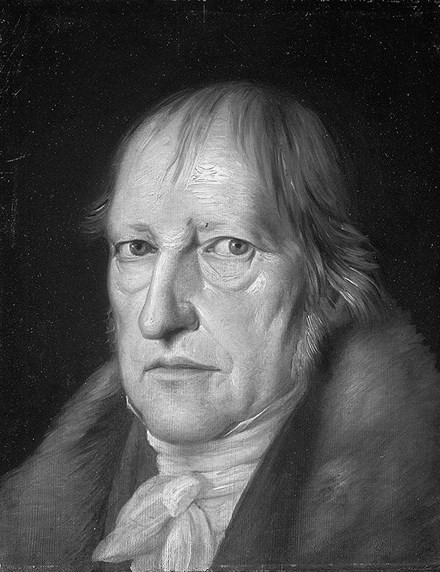
Publication details
Publisher: Kluwer
Place: Deventer
Year: 1979
Pages: 77-92
Series: Synthese Library
ISBN (Undefined): 9789400994812
Full citation:
, "The unnaturalness of epistemology", in: Body, mind, and method, Deventer, Kluwer, 1979


The unnaturalness of epistemology
pp. 77-92
in: Donald Gustafson, Bangs Tapscott (eds), Body, mind, and method, Deventer, Kluwer, 1979Abstract
The notion of "experience" has dominated philosophical thought in the last two centuries, just as "being" dominated ancient philosophy. Throughout our culture, talk of "forms of experience", concepts as shaping experience, experience as something which has a 'structure", is both a signal of and a justification for a priori theorizing. It is a mark which separates armchair reflection from empirical research. Just as in Aristotle's classification of sciences "being qua being" was the study of the metaphysician rather than the physicist or the mathematician, so since Kant the study of "the structure of our experience" or of "alternative possible structures of experience" has been the rubric which covers the "humanities' and much of the "behavioral sciences". It covers, in fact, the whole of "culture", when that term is used to include, paradigmatically, what C. P. Snow calls "the literary intellectual" and to exclude the natural scientist. At present, every sociologist, literary critic, historian, or anthropologist who wants to offer some general and important truths describes himself as interested in "possible forms of social consciousness' or "the Romantic vision of nature" or "the world-view of the Renaissance" or "the Hopi way of dividing up the world". The Kantian notion of mind as imposing form upon a sensory manifold is combined, in such phrases as these, with the Hegelian notion of creating new forms of reality by varying this imposed form.
Cited authors
Publication details
Publisher: Kluwer
Place: Deventer
Year: 1979
Pages: 77-92
Series: Synthese Library
ISBN (Undefined): 9789400994812
Full citation:
, "The unnaturalness of epistemology", in: Body, mind, and method, Deventer, Kluwer, 1979



